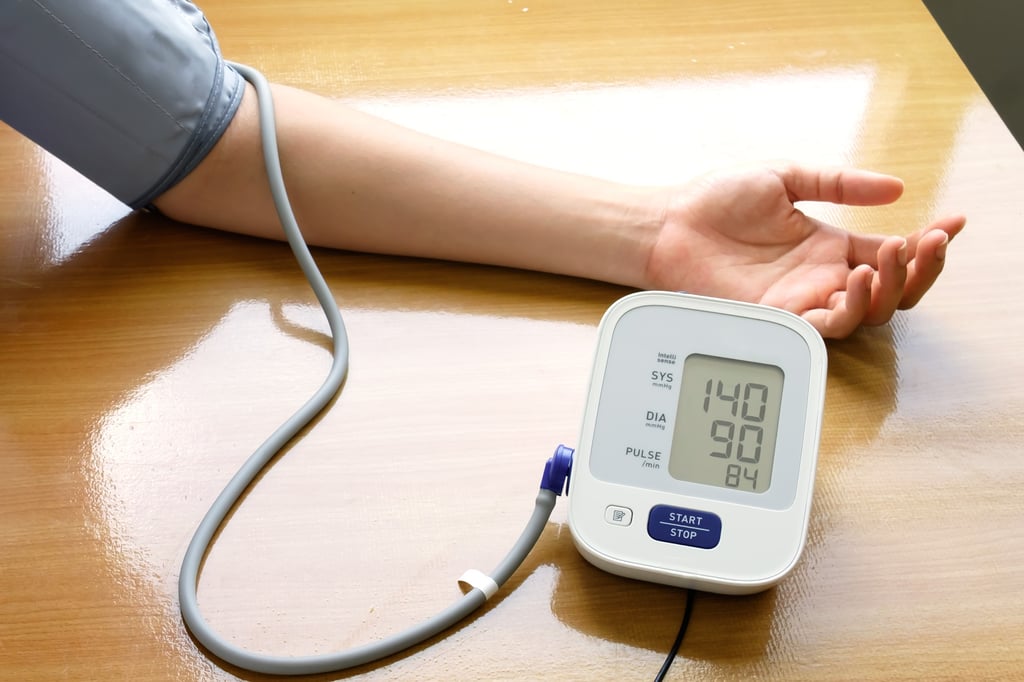Advertisement
How tai chi may help lower high blood pressure better than aerobic exercise can
- The results of a 12-month Chinese study found tai chi was a more efficient way to reduce blood pressure than conventional aerobic exercise
- Tai chi also induces greater improvement in mobility and balance in older adults compared with regular balancing and stretching exercises, a study shows
Reading Time:3 minutes
Why you can trust SCMP
3

One hour of tai chi four times a week is “more effective” in reducing blood pressure than running or cycling, says new research.
Tai chi, a practice that involves a series of slow, gentle movements and physical postures, originated as a martial art in China. It requires controlled breathing and a meditative state of mind. It has been a pillar of traditional Chinese medicine for centuries, its movements designed to energise and balance the body’s energy, or qi.
A Chinese study of 342 people with prehypertension – elevated blood pressure readings – found a 12-month tai chi practice was 52 per cent more effective at reducing high blood pressure than other forms of aerobic exercise.
Dr Xinye Li, the study’s lead author, says the results showed tai chi was an efficient way to reduce blood pressure, which also helped people to “improve flexibility, balance, and cardiopulmonary function while reducing the risk of falls”.

It is important for those with prehypertension to seek intervention early because the condition is associated with an increased risk of developing high blood pressure, heart disease and stroke.

Advertisement